
Fedor Grigorievich Orlov, General-in-Chief, One of five brothers who rose to the fore in Catherine II. He was brought up together with his brothers in the Gentry Cadet Corps, still a young man participated in the Seven Years War, displaying amazing courage. In 1762, together with his brothers, he took an active part in the preparation of the coup. After the coup of 1762, he was granted the rank of captain of the Semenov regiment, and on the day of the coronation he was elevated to the count’s dignity and granted to the chamberlain.
By a decree of August 20, 1763, Orlov was ordered to be “continuously in current affairs” in the Governing Senate and “to deal at the Prosecutor General’s table.” Soon, he was appointed chief procurator of the 4th Department of the Senate, and was awarded the Order of St. Alexander Nevsky while maintaining the rank of captain of the guard. In 1767 he participated in the activities of the commission on drawing up the Code as a deputy from the nobility of the Oryol province.
At the suggestion of Orlov, the commission on estates was divided into 3 sections: the first was occupied by the nobility, the second by “the middle gens, or petty bourgeois, the third by free and serf peasants.” During the first Turkish war, Orlov left civil service and in 1770 entered the squadron of Captain Spiridov of the First Archipelago expedition of the Russian fleet. He distinguished himself during the capture of the Crown fortress, in the Chesme naval battle on the ship “St. Eustathius” and at the lake Hydra.
He commanded part of the fleet, which was assigned to destroy the Turkish settlements and fortresses along the Coromanian coast. For his exploits he was promoted to lieutenant-general, was awarded a sword, studded with diamonds and on September 22, 1770 the Order of St. George of the 2nd class. For the excellent courage and courage rendered to them during the victory gained over the Turkish fleet at the shores of the Assy, and given to the acquisition of this example and advice. In January 1772 he returned to St. Petersburg. On the day of conclusion of the Kyuchuk-Kaynardzhiysky world he was promoted to the general-in-chief with dismissal, according to the petition, from the service From 1775 he lived in Moscow, engaged in the upbringing of his illegitimate children, who were later assigned the nobility and surname Orlov.
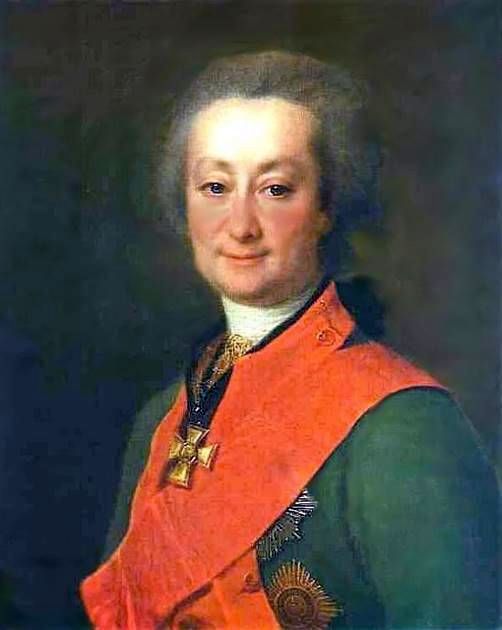 Portrait de F. G. Orlov – Dmitry Levitsky
Portrait de F. G. Orlov – Dmitry Levitsky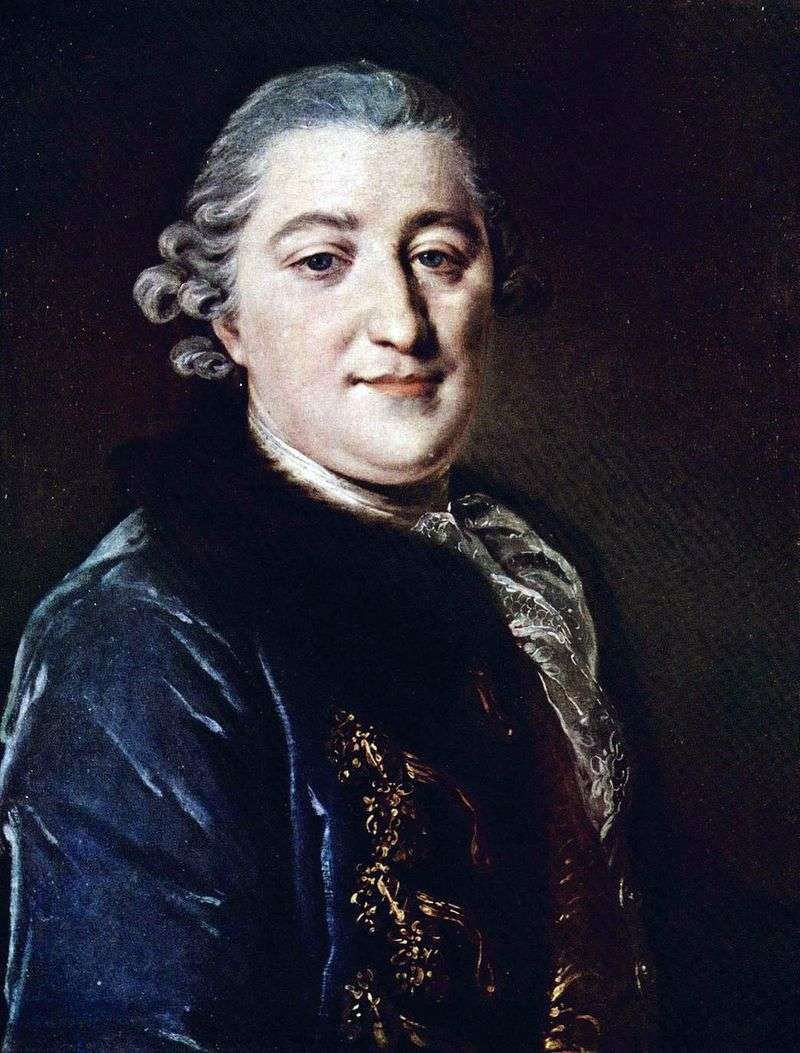 Portrait of Count Ivan G. Orlov by Fyodor Rokotov
Portrait of Count Ivan G. Orlov by Fyodor Rokotov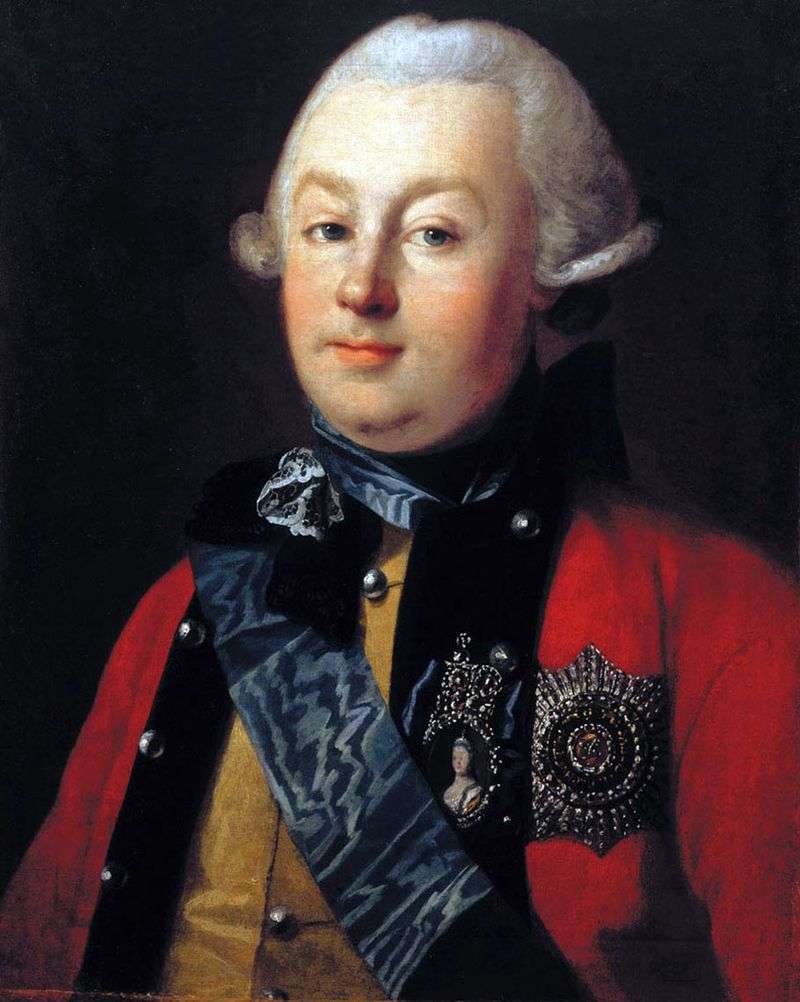 Portrait of Prince GG Orlov by Karl Ludwig Christinek
Portrait of Prince GG Orlov by Karl Ludwig Christinek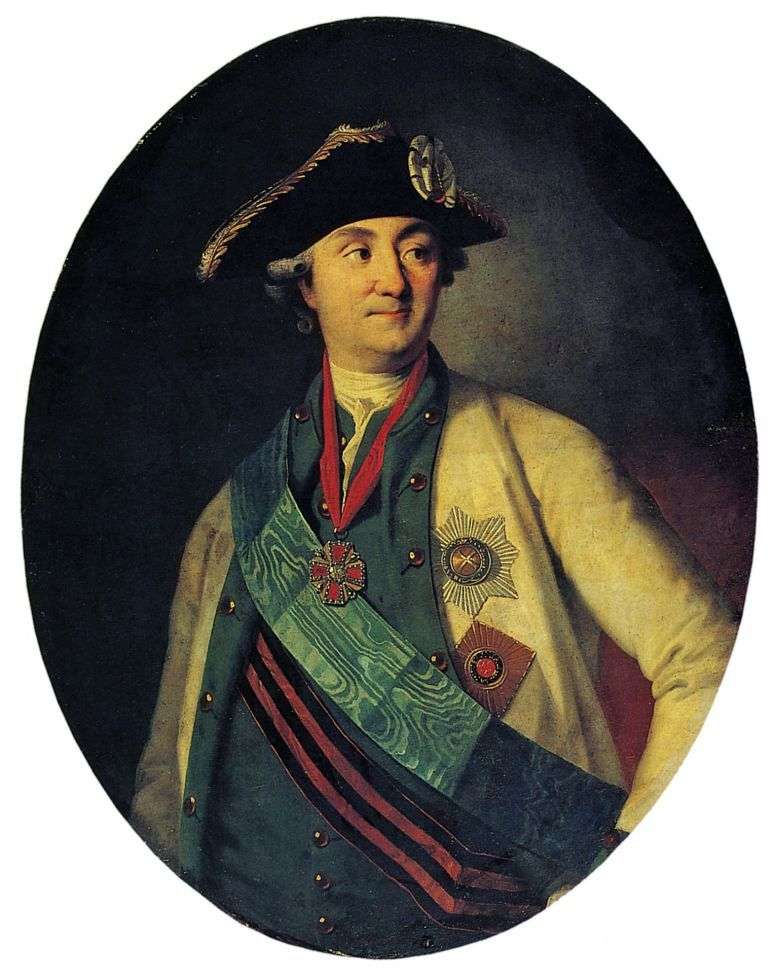 Portrait of Count A. Orlov-Chesmensky by Karl Ludwig Christinek
Portrait of Count A. Orlov-Chesmensky by Karl Ludwig Christinek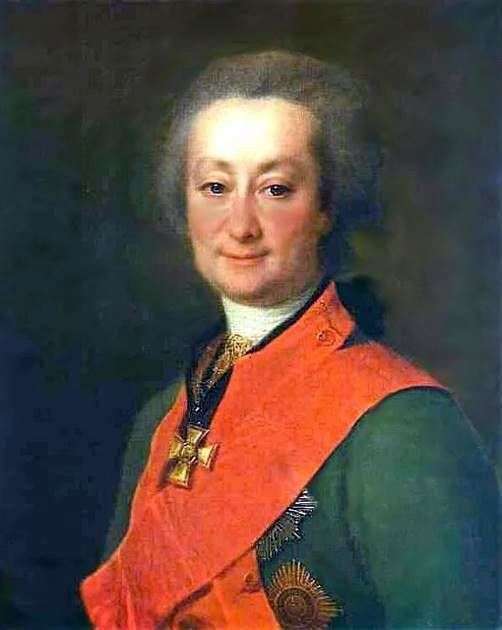 Retrato de F. G. Orlov – Dmitry Levitsky
Retrato de F. G. Orlov – Dmitry Levitsky Portrait of Countess A. S. Protasova by Dmitry Levitsky
Portrait of Countess A. S. Protasova by Dmitry Levitsky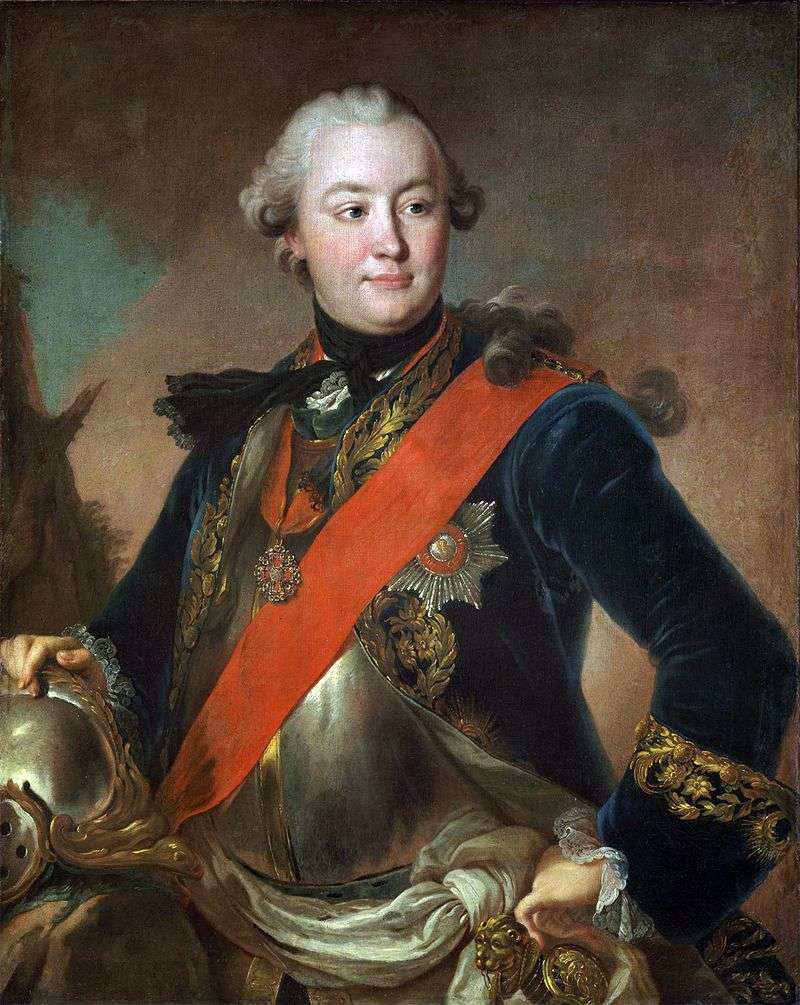 Portrait of Count G. G. Orlov in Lats by Fedor Rokotov
Portrait of Count G. G. Orlov in Lats by Fedor Rokotov Portrait of A. D. Lansky by Dmitry Levitsky
Portrait of A. D. Lansky by Dmitry Levitsky